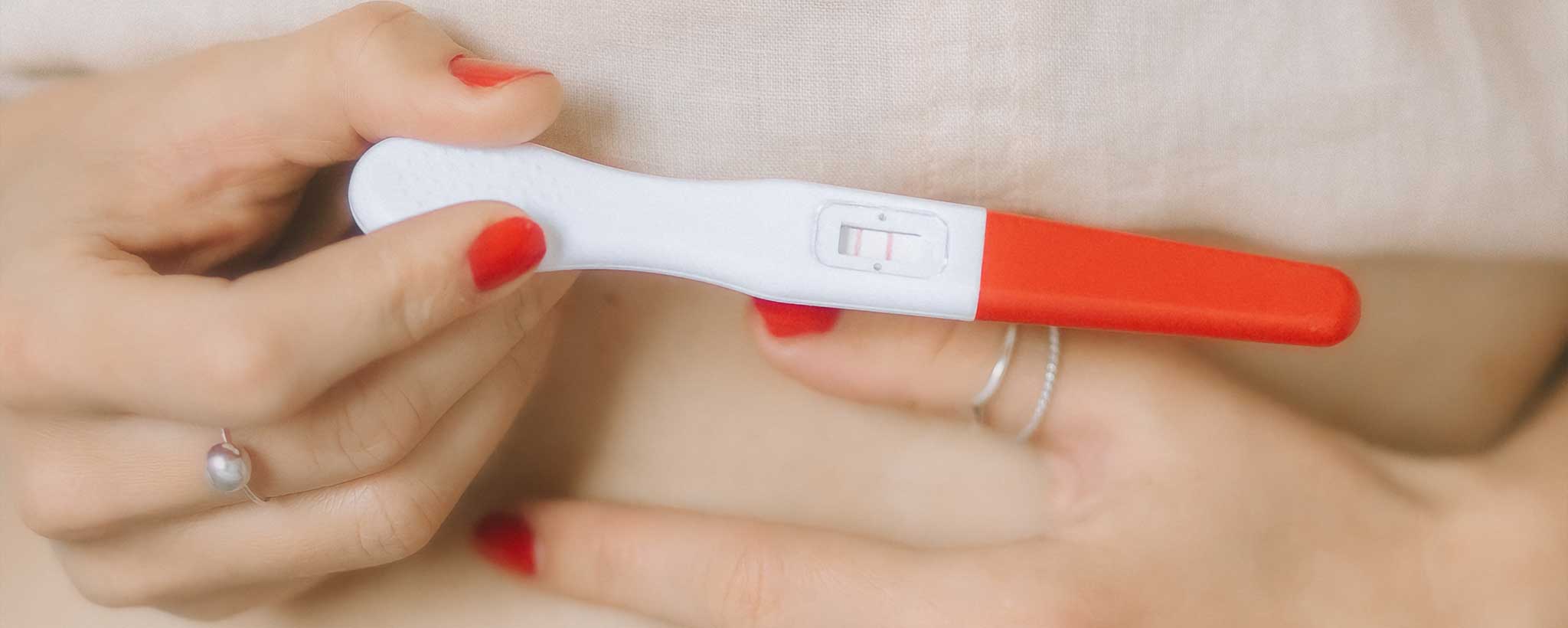During a health crisis, an increasing number of people reach for their mobile phones to dial ride-share drivers instead of emergency medical personnel.
Publish 3 March 2022
Economic Emergency
Your life or that of your yet unborn child hangs in the balance. To save money, would you call a ride-share driver to take you to the hospital? In favor of economical options, many people are forgoing ambulances during medical emergencies.
Ride-share services like Uber and Lyft mobilize a network of freelance drivers who use their vehicles to shuttle people around town. Because the company does not maintain a fleet of vehicles, rates are a fraction of regular cab fare.
Cabs and ride-share services are much less expensive than an ambulance. Depending upon your U.S. insurance plan, you might spend $450–$1000 for ambulance ground transportation. The cost for an air-lift ambulance is sky-high. [1]
The ambulance expense includes medically trained first responders, onboard medical equipment, sirens, and priority trauma room access. Compare this to an untrained ride-share driver whose equipment consists of a seatbelt in the backseat of a vehicle that can get stuck in traffic.
Ready For The Ride of Your Life
Many people bet on the unskilled driver, perhaps because it has the illusion of riding in a limousine. During an emergency, the inexpensive driver might either flag down an ambulance or refuse service before you get in. Drivers using their vehicles fear a woman in labor might soil the interior. [2]
Losing fares while cleaning up the afterbirth can cost the driver as much as your expense for an ambulance. So pregnant women have been left on the side of the road, hoping an infant won’t land headfirst on the pavement. [3]
A man losing consciousness phoned an Uber Pool, where he shares the ride with one or more passengers. He got in and asked Where’s the nearest hospital. Situations like this put ride-share drivers in precarious positions. They fear potential legal liability if something goes wrong. [4] Driving yourself can also be dangerous if you lose consciousness or go into cardiac arrest.
When you need critical care, do you want your fate in the hands of someone ill-equipped to provide medical attention? Any long-term negative consequences could be more costly than the immediate savings from skipping the ambulance ride. So ponder whether your life is worth more than 400 bucks.
Enjoy more articles about individual.
ClinicalPosters offers human anatomy charts, scientific posters, and other services that compliment articles about individual. Slide extra posters into DeuPair Frames without removing from the wall.
Show your support by leaving an encouraging comment to keep the research going.
Support the writing of useful articles about individual by exploring human anatomy charts, scientific posters, and other products online. You may sponsor specific articles.
ClinicalPosters provides human anatomy charts, scientific posters, and other products that compliment useful articles about individual.
ClinicalPosters offers human anatomy charts, scientific posters, and other products online.
You can sponsor useful articles about individual or donate to further research. Visible content is optimized for device size.







 Romance & Health Intertwine. Fall in love with a captivating romance miniseries that explores the essence of well-being. Become a ClinicalNovellas member for heartwarming tales.
Romance & Health Intertwine. Fall in love with a captivating romance miniseries that explores the essence of well-being. Become a ClinicalNovellas member for heartwarming tales.





